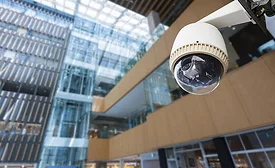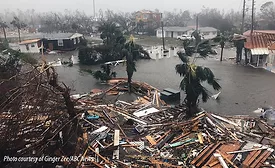Security & Business Resilience
Where to Draw the Line for Standing in Line
Do Employers Need to Pay Employees for Time Spent Going Through Security Checks?
January 27, 2020
Sign-up to receive top management & result-driven techniques in the industry.
Join over 20,000+ industry leaders who receive our premium content.
SIGN UP TODAY!Copyright ©2026. All Rights Reserved BNP Media.
Design, CMS, Hosting & Web Development :: ePublishing

















